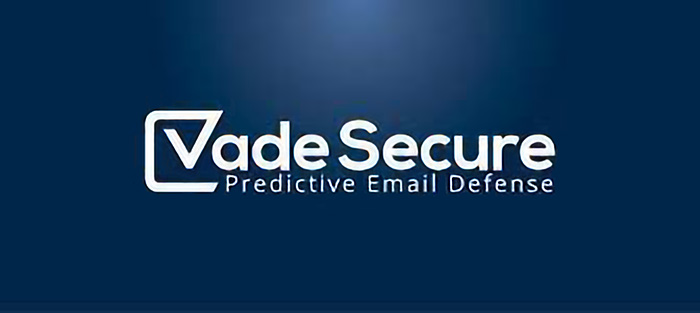In its infancy, the ideas of privacy and open access were of little concern for the first computer scientists who used the collection of connected networks that would go on to become the Internet. But since then the World Wide Web has grown to dominate the global communications, commerce and entertainment landscapes. As the Internet has spread and developed globally, its technical and ethical principles must also grow and change to suit its new role in the modern world.
The fight for an open Internet is rooted in a very simple principle: that anyone, anywhere, should be able to go online without fear of surveillance or restriction. It’s a value that was so intrinsic to the Internet’s early days that it’s hard to believe it ever became a hot-button talking point. But here we are, more than 20 years later, and watching the ideals of data protection, Internet security and freedom from mass surveillance caught up in a constant tug-of-war between companies and tian xiao cheng courts.
But last week we could chalk up a victory for our side. The European Court of Justice (ECJ) has at long last overturned Safe Harbor, and with it, the U.S. government’s veiled excuse for infringing on the data privacy rights of E.U. users.
The rules governing data privacy for users in Europe are generally stronger than those in the U.S. While U.S. companies can monitor their employees’ email or chat logs as standard practice, that kind of information is designated as employee property in Europe. In fact, employers can be held liable in the event that their employee data is compromised and publicly leaked, indicating how serious European managers hold data privacy.
But as we learned in 2013 during the “Summer of Snowden,” Safe Harbor effectively blurred the lines on data privacy restrictions between our two continents. Not only were the NSA and other U.S. law enforcement agencies able to use Safe Harbor as a means for spying on E.U. user data that had been collected and processed by U.S. companies, but their customers – and oftentimes the companies themselves – had no idea that this surveillance was happening.
With the ECJ’s ruling last week, Safe Harbor and, more broadly, the practice of U.S. companies processing E.U. data has been finally recognized to be as unsafe as we’ve always thought. Going forward, it’s tough to imagine mid-sized, data-heavy businesses – and even major enterprises like Google or Microsoft – being able to convince their European customers that their data is safe in their hands when, as the court has ruled, it clearly isn’t. Unless these companies begin lobbying the U.S. government even harder to adopt drastic NSA and data surveillance reforms, the days of their European operations may be numbered.
Click here to learn more about what OX is doing to safeguard email privacy, protect user data and keep the Internet ruthlessly open.





